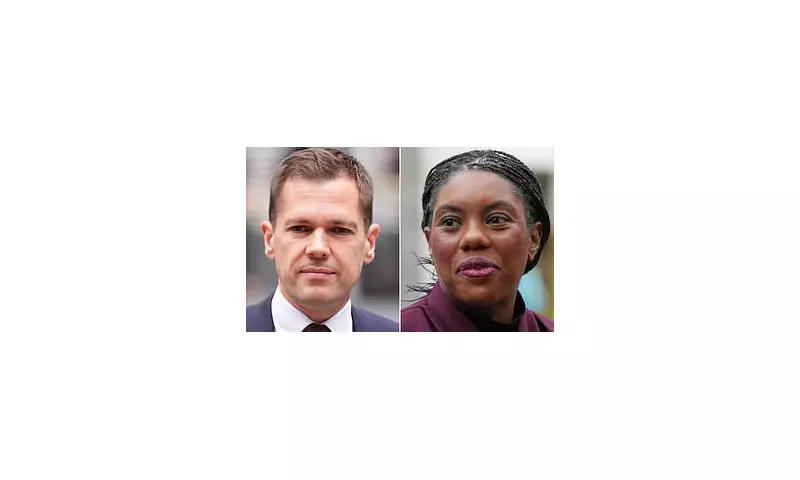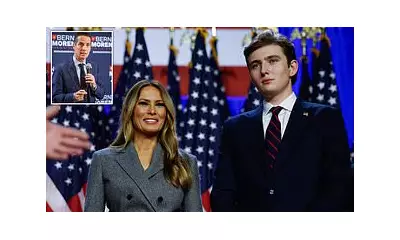
A significant rift has opened within the Conservative Party over the controversial issue of banning full-face Muslim veils, pitting senior frontbenchers against each other in a dramatic public disagreement.
Business Secretary Kemi Badenoch, seen as a leading contender for the future Tory leadership, has firmly declared that implementing a burqa ban is "not a priority" for the government. Her position directly contradicts that of former immigration minister Robert Jenrick, who has been aggressively campaigning for prohibition of the garments.
Badenoch's Pragmatic Stance
In a carefully measured statement, Badenoch emphasised focusing on what she described as "the things that unite the country" rather than divisive cultural battles. The senior minister suggested that pursuing a ban would distract from more pressing economic and social issues facing Britain.
Her position reflects concerns within moderate Tory circles about alienating Muslim voters and appearing overly focused on identity politics ahead of potential elections.
Jenrick's Hardline Position
Meanwhile, Robert Jenrick has been actively advocating for what he terms "the British approach" to integration, which includes banning full-face veils in public places. The former minister has argued that such garments prevent proper identification and represent a barrier to integration in British society.
Jenrick's campaign has gained traction among some right-wing Conservative MPs who view stricter integration policies as essential to maintaining social cohesion.
Deepening Conservative Divisions
This public disagreement highlights the ongoing ideological struggle within the Conservative Party between:
- Modernisers focusing on economic priorities
- Traditionalists advocating for stronger cultural policies
- Those concerned about religious freedoms versus security concerns
- MPs representing diverse constituencies versus safer Tory seats
The timing of this rift is particularly sensitive for Prime Minister Rishi Sunak, who faces the challenge of maintaining party unity while addressing complex cultural issues that resonate differently across various voter demographics.
Political analysts suggest this debate reflects broader tensions within the Conservative Party about its direction and identity following recent electoral challenges and leadership changes.





